
This week, despite continuing Russian terror bombing in #Ukraine and an important G20 meeting in Indonesia, the possible demise of Twitter has been dominant in the feeds of many social media users. What would it mean for the war in Ukraine if Twitter dies? 1/23 

2/ It is an important question, given the centrality of strategic influence and information warfare to the conflict in #Ukraine. Twitter is the communication tool of choice during crises, and has featured in several previous conflicts. abc.net.au/news/2022-11-2…
3/ But the Ukraine war has seen a Cambrian explosion in the use of social media – especially Twitter – to share images & stories from inside Ukraine, to disseminate situation reports, to build crowdfunding efforts, track war crimes, and for strategic influence activities.
4/ War has always been a complex balance of physical, intellectual and moral forces. Influencing the thinking and actions of enemy commanders, political leaders and elements of friendly and enemy populations is as old as war.sevenages.org/history/propag… 
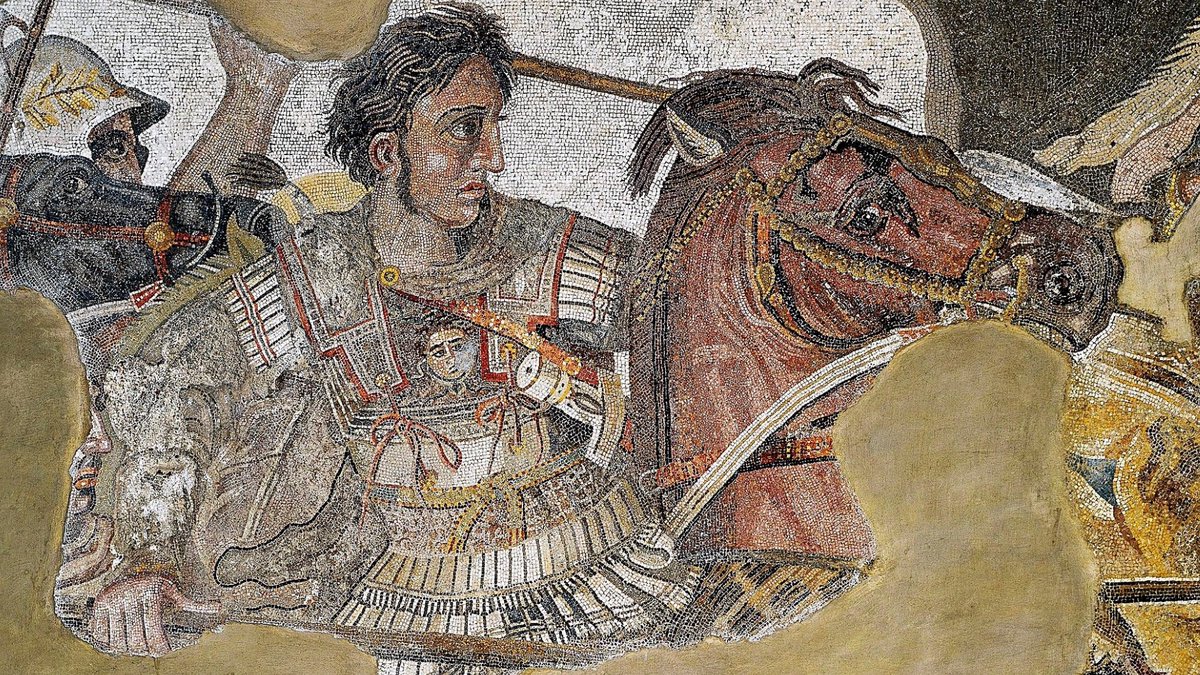
5/ However, the advent of social media has provided the means to influence leaders and the inhabitants of their nations in more sophisticated, and more pervasive, ways than ever before.
6/ The Ukrainian Government have implemented a continuously evolving program to influence western governments and solicit aid since the invasion in February. Twitter has tens of millions of users in countries such as the United States and the United Kingdom.
7/ These are two important targets for official Ukrainian influence operations. They are also massive providers of military and financial aid, which Ukraine would wish to have continue uninterrupted.
8/ Twitter has been an essential source for Ukrainians, as well as foreign journalists & citizens, to gain information about the war from Ukraine's government. The Ukrainian Digital Minister Fedorov has noted how Twitter is part of Ukraine’s war effort. bbc.com/news/technolog…
9/ Other government leaders in Europe, such as Estonian Prime Minister @kajakallas and NATO Secretary General @jensstoltenberg, have developed large followings and use their Twitter handles to share information and influence western support for Ukraine.
10/ Official use of social media has been accompanied by a rise of social media citizen reporters. Thousands of online commentators – some credentialed & experienced, some not at all – have gained influence among populations in Russia, Ukraine and in many western nations.
11/ Of course, a range of other online mechanisms have been used by these commentators, particularly telegram, but Twitter has stood out for its simplicity of use and wide access by those in, and beyond, the Ukraine warzone.
12/ Analysts have developed sophisticated mapping products to track progress in the war. Others have shared images and videos, all of which exert some level of influence on those who view them. 


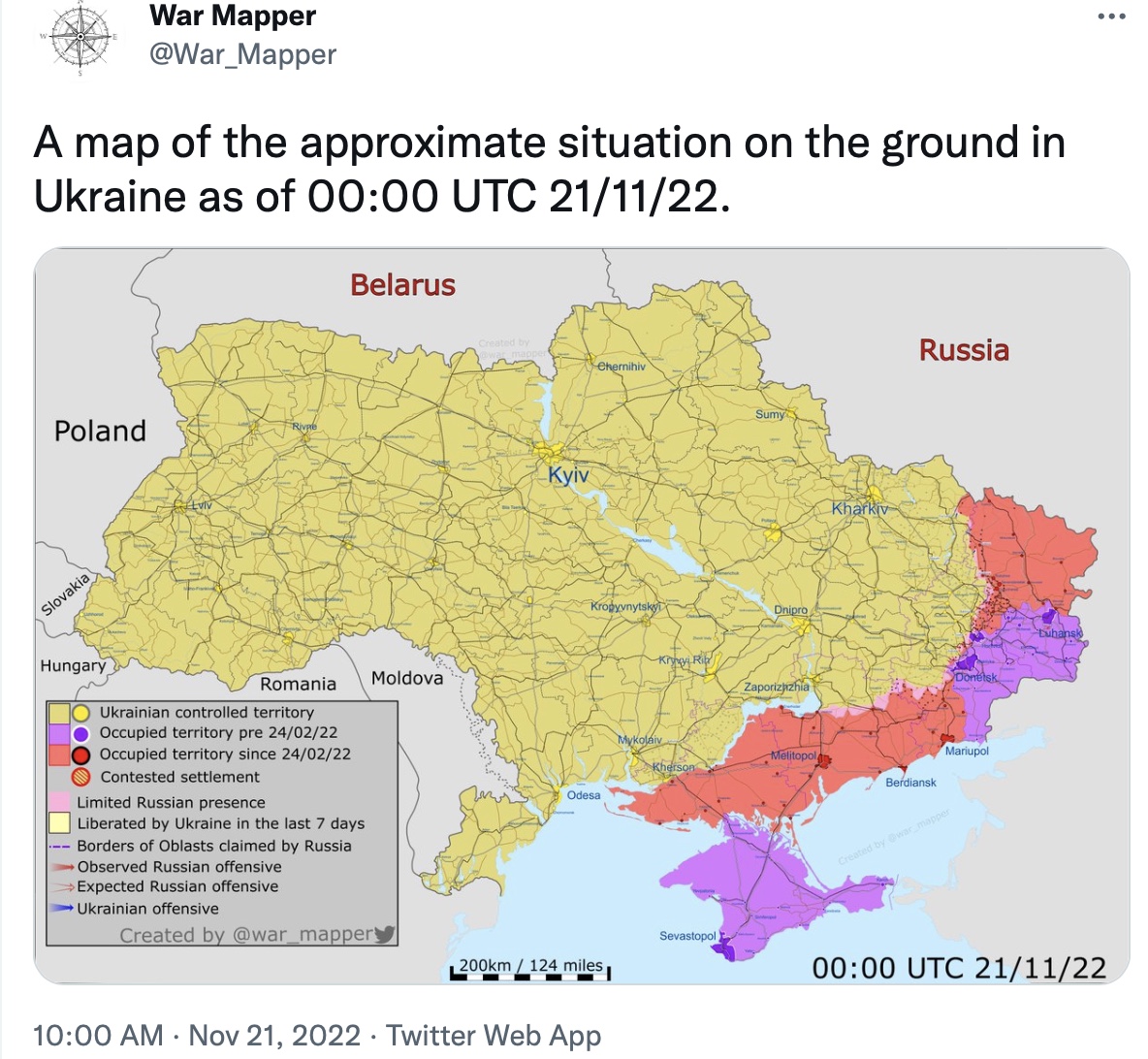
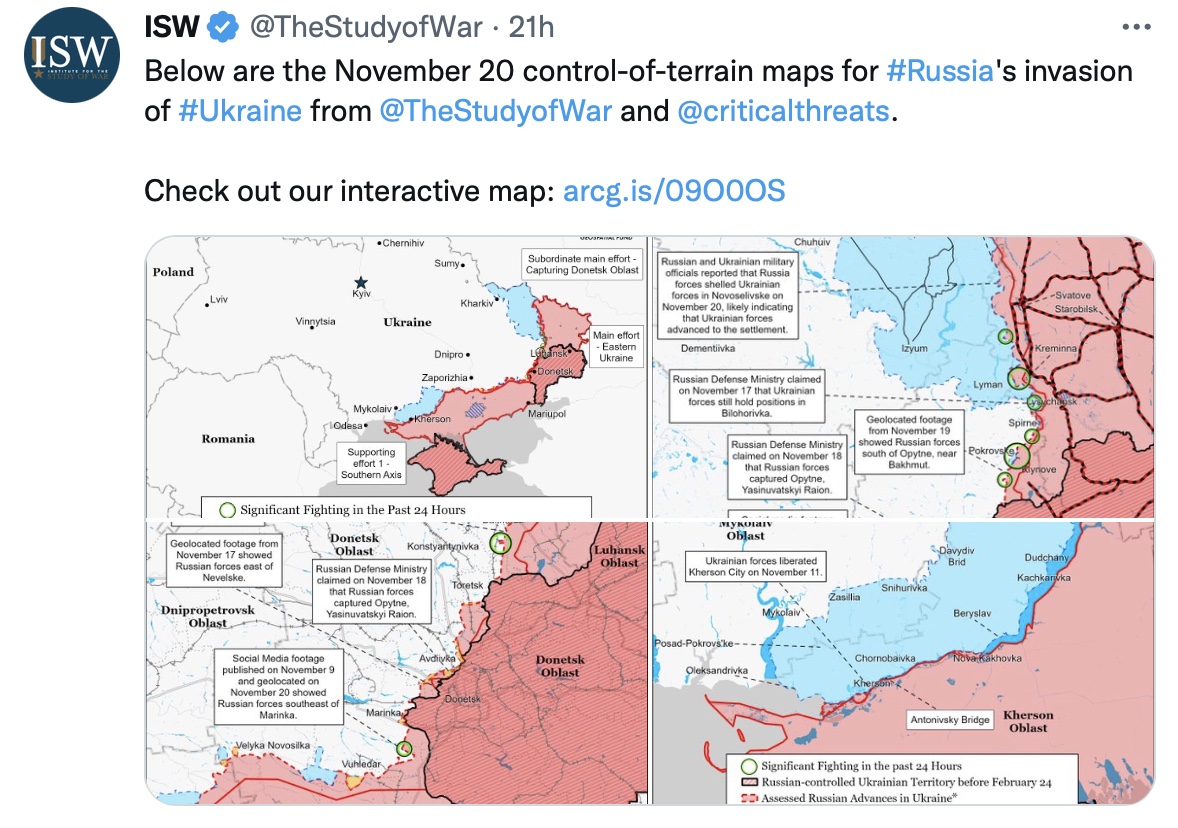
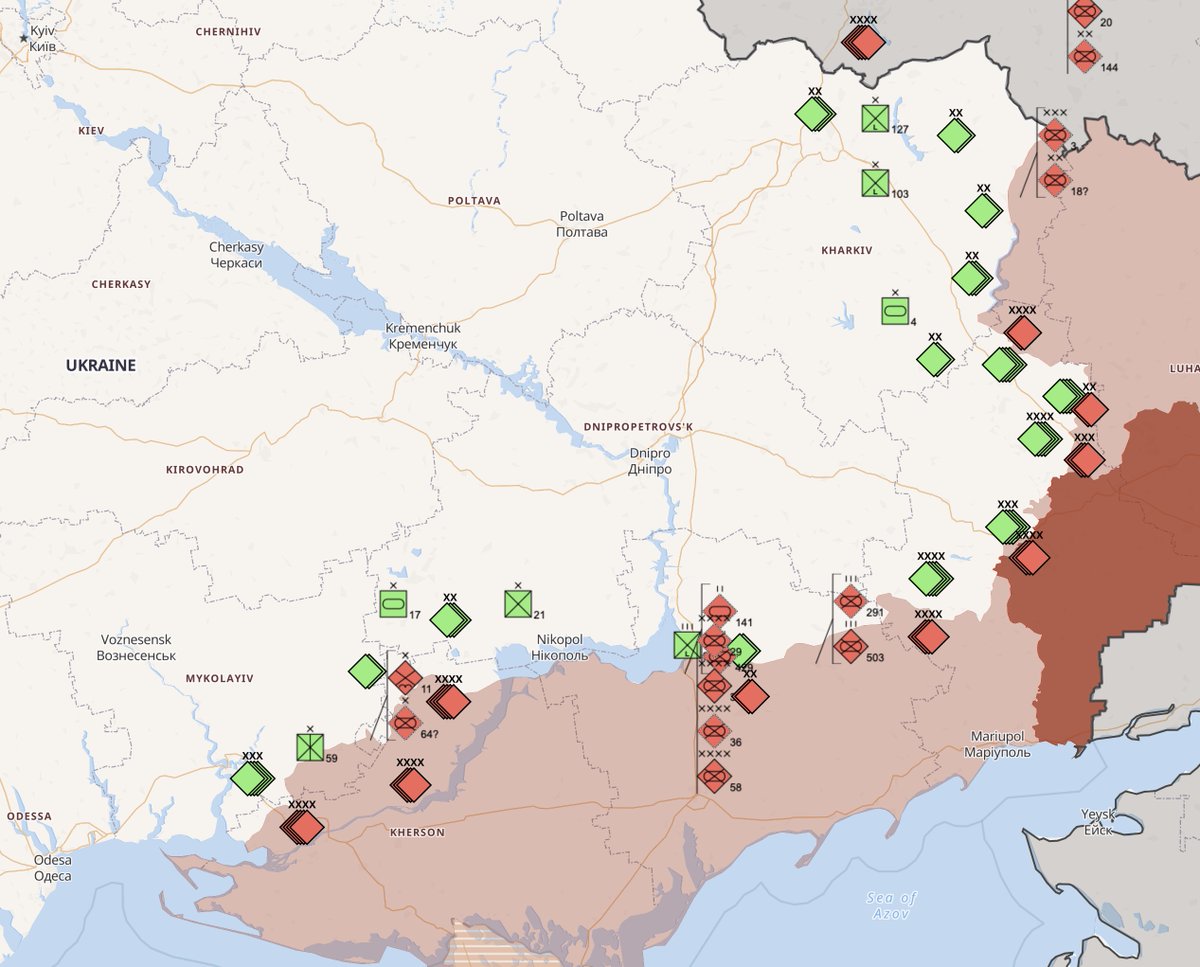
13/ Open-source satellite data is also playing a role in Ukraine operations and is being shared on Twitter in daily or weekly updates about the conflict as well as reporting damage of long-range strikes such as that on the Kerch Bridge.
14/ Some commentators on Twitter have become adept at using the US National Aeronautics and Space Administration (NASA) Fire Information and Resource Management System, to assess the level of artillery fire in Ukraine. 
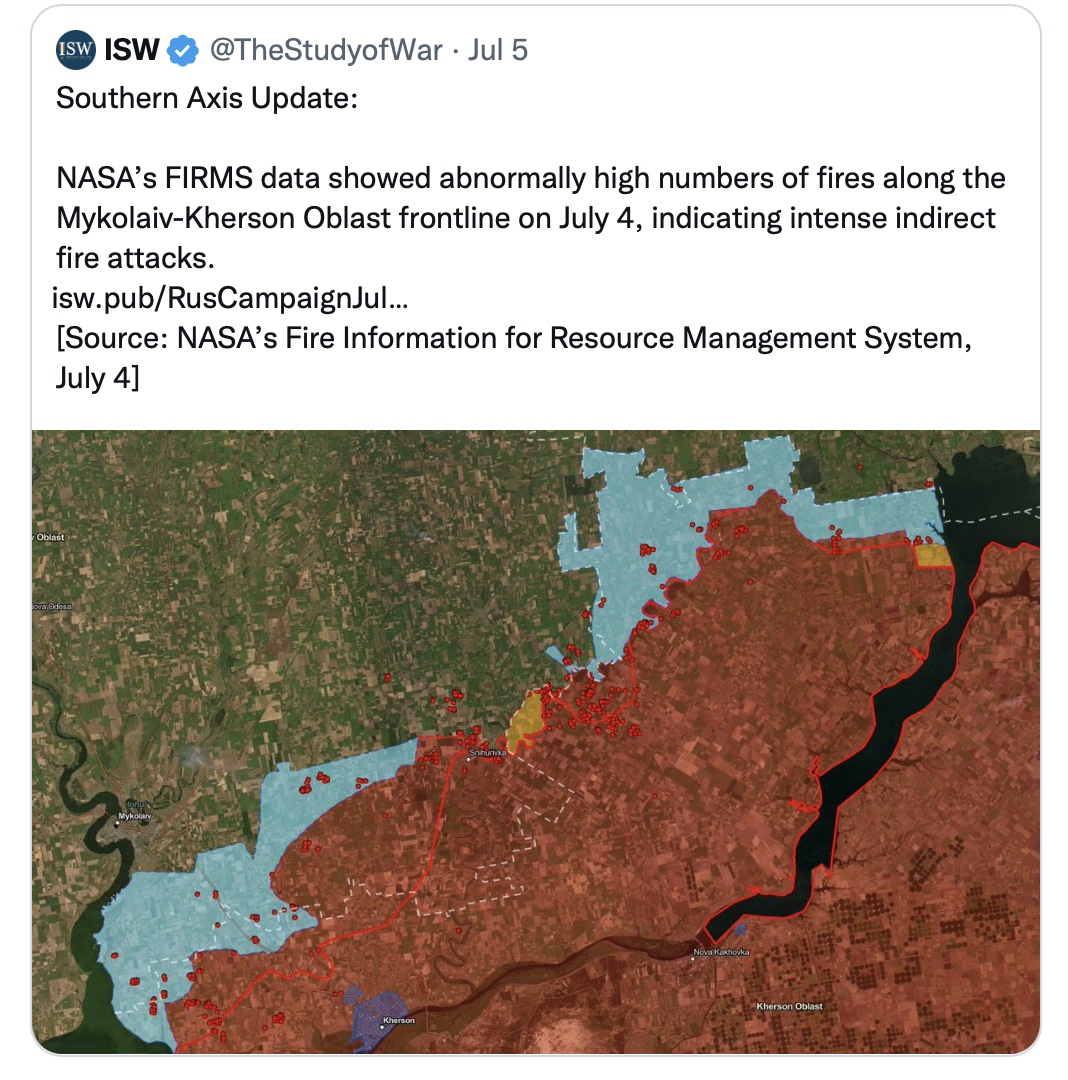
15/ A unique class of Twitter users has also emerged during the war in Ukraine. A large number of pro-Ukraine online activists, operating under the #NAFO hashtag, use Shiba Inu dog memes to challenge and crowd out Kremlin talking points on social media. politico.eu/article/nafo-d…
16/ The fellas deluge Twitter with memes criticizing President Putin, and have widely mocked the Russia war effort. Their activities have given rise to the term ‘bonking vatniks’ and has played a key role in combating Russian disinformation. dw.com/en/nafo-ukrain…
17/ Of course, over reliance on information found on Twitter has its risks.
18/ Information is more difficult to verify and is open to exploitation for misinformation. As one journalist has written, "we’re still working out just what ‘truth is the first casualty’ means in the social media age.” crikey.com.au/2022/03/07/war… 
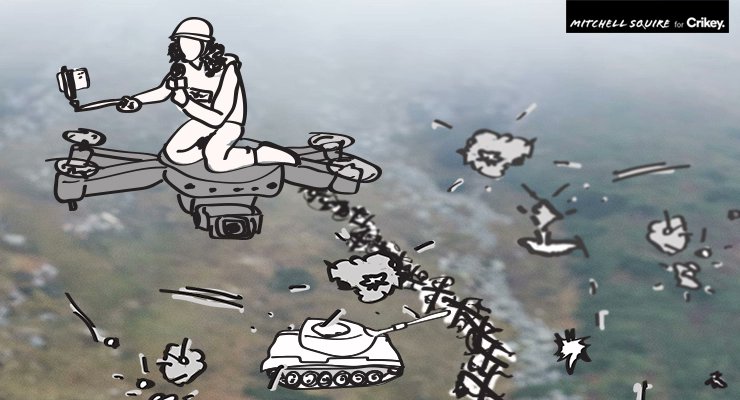
19/ Ultimately however, the sun will still rise, even if Twitter fails. There are many other blogs & social media that will fill the gap caused by the ongoing shenanigans in San Francisco. Few of these offer the ease of access and use of Twitter, but humans are very adaptive.
20/ We will find new ways, and use other existing means, to communicate, to network, to share information and influence each other. Given the demand for the functions provided by Twitter, some alternate version is certain to arise.
21/ The war in Ukraine will continue regardless of Twitter’s fate. We may be a little poorer when it comes to information about the conflict, but one less social media feed – regardless of its following - will not have a significant impact on the current trajectory of the war.
22/ The Russian military, having begun this war, will continue their vicious attack on Ukraine. And the Ukrainians, as they have done from the beginning, will adapt and persevere with the defence of their nation. End. abc.net.au/news/2022-11-2…
23/ Thank you to the following, whose images were used in this thread: @TheStudyofWar @War_Mapper @HN_Schlottman @crikey_news @DefenceU @latimes @kajakallas @jensstoltenberg #NAFO @abcnews 
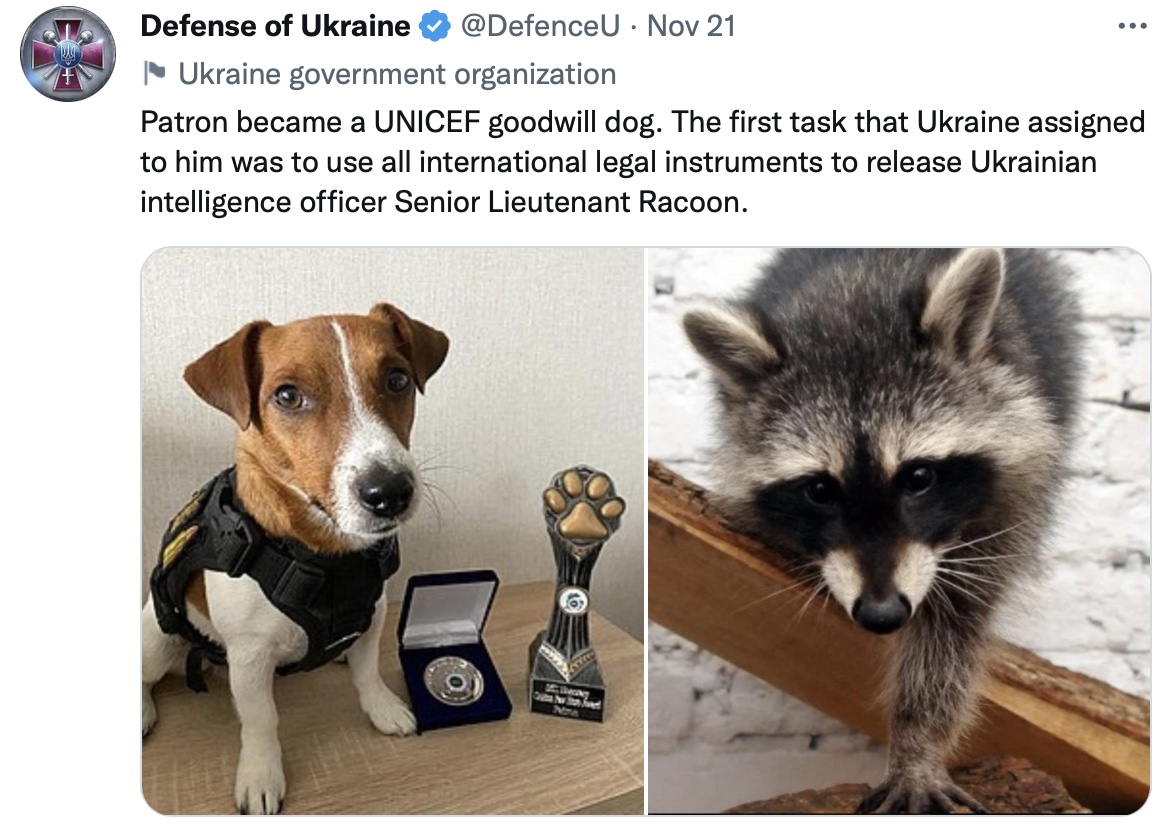
• • •
Missing some Tweet in this thread? You can try to
force a refresh











